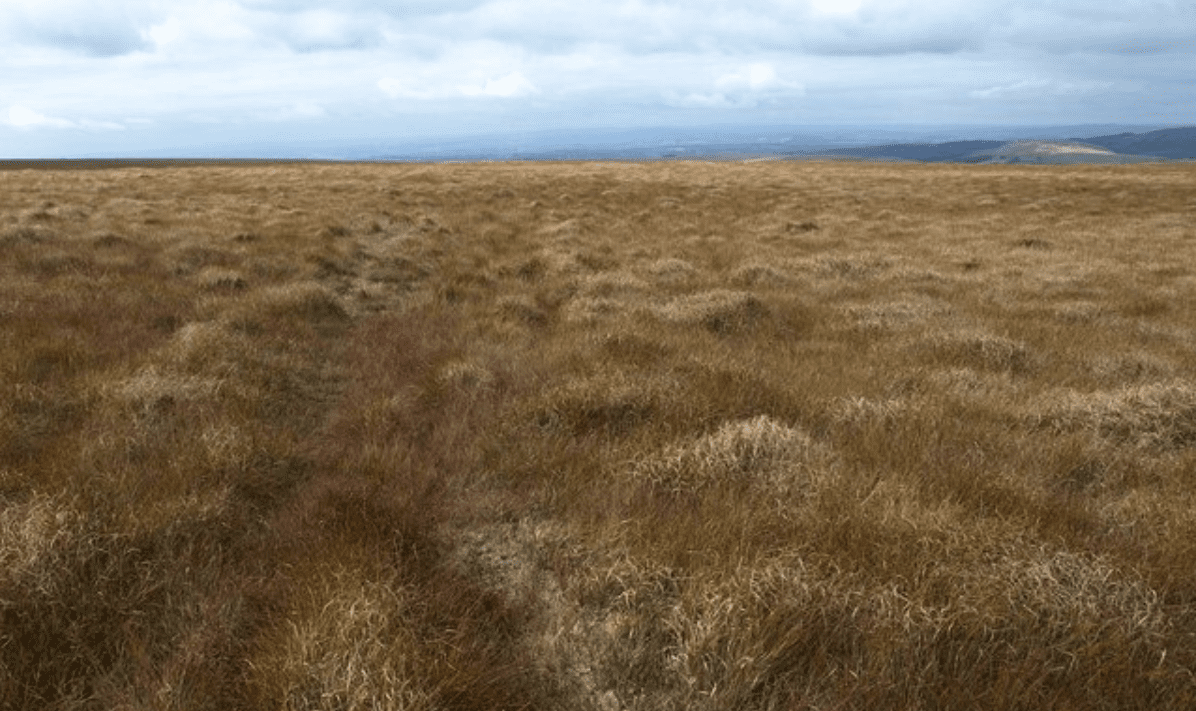The Irish Creamery Milk Suppliers’ Association (ICMSA) has said it is “not too late” to replace the Nature Restoration Law (NRL) with “something that it more collaborative”.
The farm organisation was responding to the latest developments on the contentious proposal from the EU, which was one vote away from final approval before the Council of the EU (also known as the Council of Ministers) called a halt to proceedings (at least for now) on the law due to a lack of numbers to pass the vote.
This vote among member states’ environment ministers was supposed to take place on Monday (March 25), but was called-off due to several member states indicating they would either vote against the law or abstain from voting.
ICMSA president Denis Drennan said that the decision not to proceed with a vote was “absolutely correct”.
“The continuing reservations about the excesses of the law must lead to a complete re-assessment of both the NRL, and the heavy-handed and one-sided EU agri-environment policy that was the basis for this demonstrably flawed and unpopular proposal,” Drennan said.
“It’s not too late to replace that unpopular and unworkable intrusive model with something that is more collaborative and which will position farmers not as obstacles to the environment but as partners with both rights as well as obligations,” he added.
“I don’t know how many times the Nature Restoration Law has to get stuck before its sponsors recognise that it’s just not going to work because there are too many reservations about it, all of which are completely justified,” Drennan said.
“We accept that we have to protect the environment, but we genuinely believe that a collaborative approach between the EU, national governments and farmers, that respects the position and rights of farmers, and utilises their unique skills, has a much better chance of succeeding.”
The ICMSA president said that such a policy would have a better chance of succeeding than the EU’s current “discredited” environmental policy.
“EU agri-environment policy needs to be reset. It needs to acknowledge that environment policy cannot succeed without proper engagement and a budget, and it needs to recognise that farmers must be at its centre as partners for success to be achieved,” Drennan said.
He added: “For too long, the EU and the government has been trying to implement environmental policy ‘on the cheap’ [and] has failed to recognise the genuine concerns of farmers.
“The current policy is failing while at the same time wasting billions across the EU on assessments and consultations.
“We need to move away from this model and start investing these billions in the environment, and in the farmers and communities who steward it,” Drennan said.
